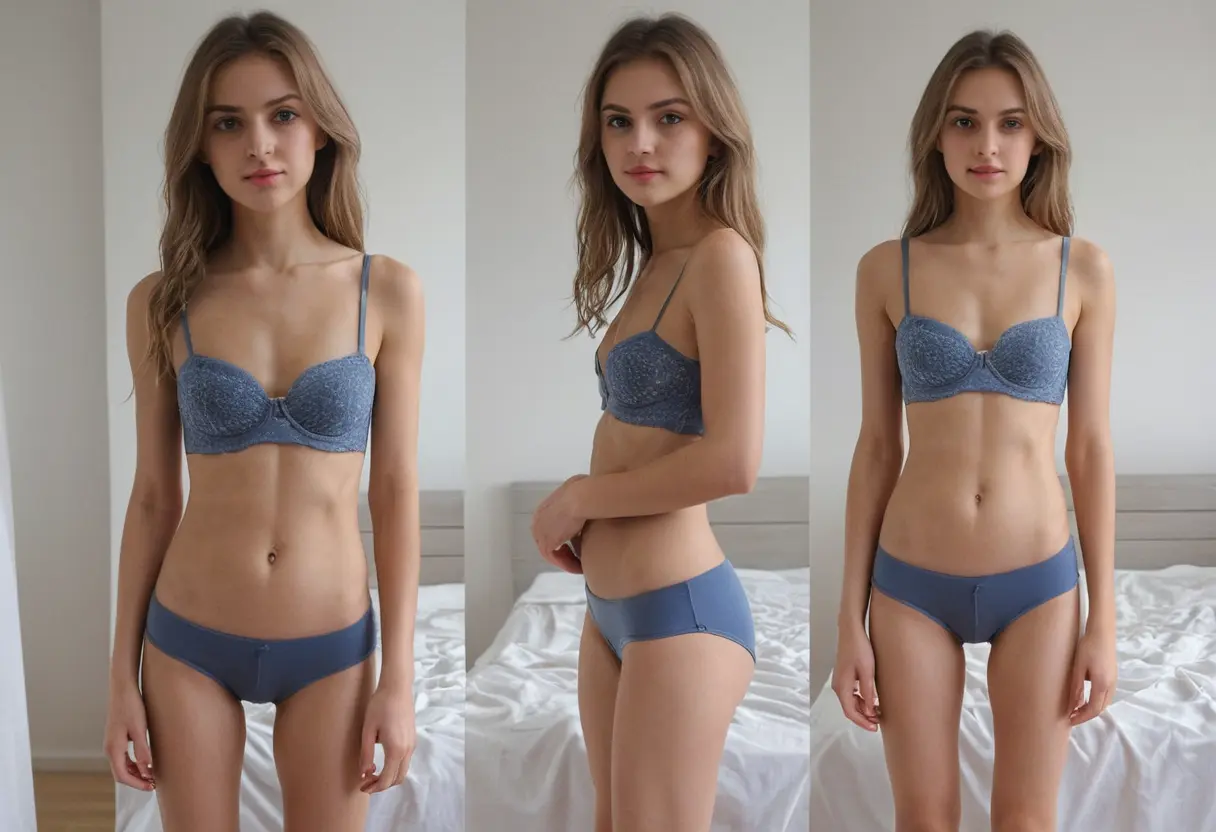
The integration of artificial intelligence (AI) into the fashion and design industry is transforming the way designers, brands, and consumers interact with clothing, accessories, and design elements. AI technologies, such as machine learning, computer vision, and predictive analytics, are not only improving the efficiency of design processes but also enabling brands to create more personalized and innovative products. This article explores how AI is reshaping various aspects of the fashion and design industry, from product creation and trend forecasting to customer experience and supply chain management.
One of the most significant contributions of AI to the fashion industry is its ability to assist designers in creating new and innovative products. By utilizing AI-powered design tools, designers can generate a wide variety of styles, patterns, and textures in a fraction of the time it would take manually. These AI systems can analyze existing trends, fabrics, and design elements to suggest new concepts or combinations that might not have been previously considered. Some AI tools can even create entire clothing collections by predicting what styles will be popular in upcoming seasons.

AI also enables designers to experiment with materials more efficiently. With AI-driven simulations, they can test how different materials will behave and interact before physically making prototypes. This capability speeds up the design process and reduces waste, allowing for more sustainable practices within the industry.

Trend forecasting is a crucial aspect of the fashion industry, and AI has become a game-changer in this area. By analyzing vast amounts of data from social media platforms, fashion blogs, and online shopping habits, AI systems can predict future trends with a high level of accuracy. Machine learning algorithms track consumer behavior, identifying patterns that indicate emerging fashion trends before they become mainstream.

AI tools also analyze historical data, identifying long-term trends and shifts in consumer preferences. This allows fashion brands to stay ahead of the curve and ensure their designs align with market demands. Additionally, AI-powered analytics help brands to segment their audience more precisely, enabling them to target specific consumer groups with personalized designs, marketing campaigns, and advertisements.
Efficient supply chain management is critical in the fashion industry, where fast turnaround times and reducing production costs are essential. AI is increasingly being used to optimize supply chains by predicting demand more accurately, automating inventory management, and improving the overall logistics process. AI systems can forecast when products will be in demand based on various factors such as seasonality, sales data, and even external influences like weather patterns or political events.
AI-driven demand forecasting reduces the likelihood of overproduction or stockouts, minimizing waste and improving the profitability of fashion companies. Additionally, AI-powered robots and automation technologies are being used in warehouses to speed up the production process, lower costs, and increase efficiency. This allows brands to offer a wider variety of products while maintaining optimal stock levels.
Personalization is a key factor driving customer satisfaction and loyalty in the fashion industry. AI technologies enable brands to deliver a more personalized shopping experience,https://www.undressaitool.com/ both online and in physical stores. AI-driven recommendation engines analyze a customer's previous purchases, browsing behavior, and preferences to suggest products that are most likely to appeal to them.
Additionally, AI is being used in virtual fitting rooms, where customers can try on clothes virtually using augmented reality (AR) and AI algorithms. This technology allows customers to see how clothing will fit their body shape and size, providing a more accurate and convenient shopping experience. AI can also help create customized clothing based on a customer’s measurements, preferences, and style, enhancing the personal connection between brands and their consumers.
As sustainability becomes increasingly important to consumers, AI technology is helping the fashion industry move toward more sustainable practices. AI tools assist in reducing waste by optimizing designs to use materials more efficiently, predicting demand accurately, and minimizing overproduction. For example, AI can help fashion brands determine the ideal amount of fabric required for a design, reducing excess material and cutting down on waste.
AI is also playing a crucial role in recycling and the use of sustainable materials. By analyzing data from various sources, AI can identify and promote the use of eco-friendly fabrics and production methods. Furthermore, AI helps brands track the environmental impact of their supply chain, allowing them to make more informed decisions about sourcing, manufacturing, and distribution. This not only supports sustainable fashion initiatives but also improves the brand’s reputation with environmentally-conscious consumers.
AI technology is undoubtedly revolutionizing the fashion and design industry. From enhancing the creativity of designers and predicting trends to optimizing supply chains and personalizing customer experiences, AI is enabling fashion brands to operate more efficiently, reduce waste, and meet the evolving demands of consumers. As AI continues to develop and improve, it is likely that its impact on the fashion industry will grow even more profound, driving innovation and creating new opportunities for both designers and consumers. Ultimately, AI is helping fashion companies stay competitive in an increasingly fast-paced and data-driven marketplace, while also promoting sustainability and ethical practices within the industry.